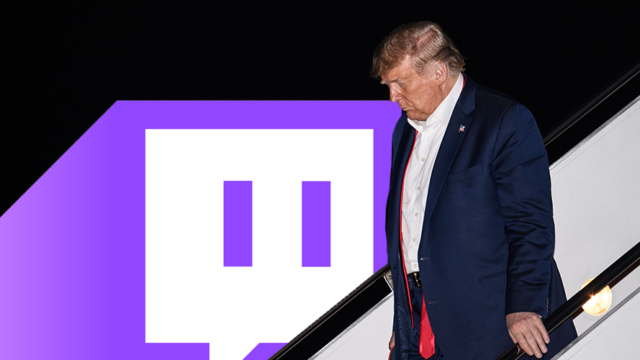In the lead-up to the 2020 presidential election, several major social media platforms threw their hands up and said they wouldn’t take political advertising.
While these companies are sticking to that promise, a handful of them are making exceptions for ads that promote civic engagement, including get out the vote (GOTV) efforts.
It’s another inconsistency in how these platforms are policing themselves, even in instances they broadly agree.
Twitter CEO Jack Dorsey proclaimed last fall that “political message reach should be earned, not bought” when the platform banned political ads. It still allows ads promoting civic engagement and “social equity causes,” but limits targeting capabilities on those ads typically allowed for others.
Pinterest recently went a step further and prohibited any ads from appearing next to political content, but allows GOTV ads as long as they come from a nonpartisan source. LinkedIn and Twitch, another platform that recently banned political ads, said the same.
Conversely, TikTok won’t take political ads or ads related to voter registration or voter awareness, instead using its own feeds (like other platforms) to tout its own voter registration effort.
But some agencies, and their clients, see value in putting their GOTV messaging on these platforms.
A new GOTV ad campaign, for instance, from the nonpartisan and nonprofit Leadership Conference Education Fund began this past weekend on Twitch and will run through Election Day.
Bully Pulpit Interactive, the liberal advertising agency behind the GOTV campaign, sees Twitch as a way to reach a more diverse audience that skews male, said Amy Garland, media director at the agency.
Twitch, the Amazon-owned streaming platform best known for its gaming and esports content, doesn’t allow political ads, but allows GOTV messaging paid for by “nonpartisan” organizations, according to Brielle Villablanca, a spokesperson for Twitch, who added that these ads account for a “very small portion of our overall advertising.”
Bully Pulpit Interactive is new to using the platform as part of a GOTV effort, but this campaign’s performance could inform how it invests moving forward. It’s the first time the agency is “significantly investing” in Twitch as a GOTV platform, after running a “very small” buy for the Tom Steyer-backed nonprofit NextGen America in 2018.
“At this point in the cycle, one of the most important things about GOTV or getting voters’ attention is that it doesn’t feel like a political ad,” Garland said, noting the gaming-centric design of the ad the agency custom built for Twitch. “A lot of people are just burnt out at this moment, especially considering the activity of this cycle.”
Beyond the ad’s creative elements, the placement itself on Twitch can be impactful if the audience doesn’t expect to see it there, Garland added, as long as it feels like a “seamless experience” and “something they would consume regularly.”
Twitch’s terms of service prohibit running ads funding “a contribution to a candidate, candidate’s committee, political action committee, ballot committee, or any other campaign committee” or “influencing any election.” Politicians and political candidates are also ineligible to monetize their Twitch channels, per the policy.
Majority Strategies, a conservative agency, hasn’t run GOTV ads on Twitter, Pinterest or Twitch in part because “they just aren’t great for voter contact” due to targeting and inventory limitations, said Reid Vineis, vp of digital at the agency.
https://www.adweek.com/programmatic/social-media-ban-political-ads-allow-voter-registration-ads/



